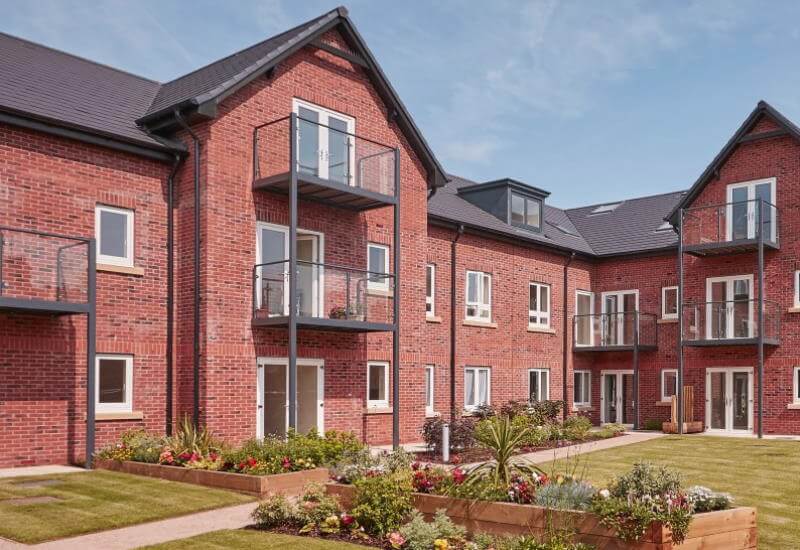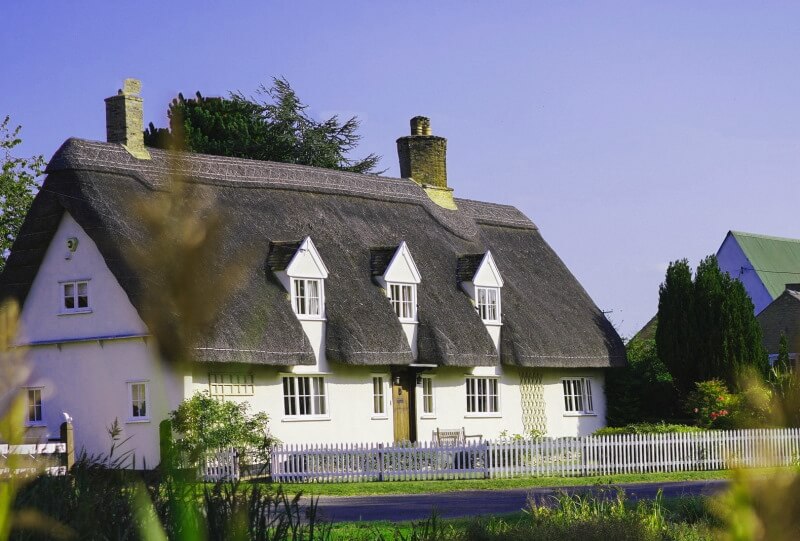Selling Property in Retirement
When you’re ready to retire, you might be thinking about selling your house or flat for several reasons, including moving overseas or downsizing to a smaller property. Whatever your reason for selling during retirement, this guide offers great tips for a fast sale.
Call 020 7183 3022 for your FREE sale price estimate
We’re rated as Excellent
Reviews.co.uk provide independent reviews from other people just like you!
"Successfully sold two properties direct to LDN Properties in the last two years. Genuine and trustworthy people and the dealings were straightforward." – Thomas from London

LDN Properties Limited, Linen Hall, 162 Regent St. London W1B 5TD
Company No. 04636129. ICO No. Z7733416. Ombudsman No. D12463.
Copyright 2003 to 2024




